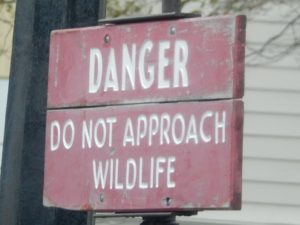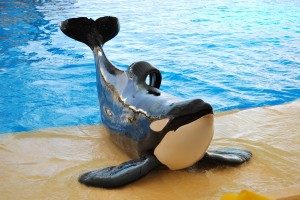If you let a puppy piddle on the carpet without discipline, it will keep doing it. It will grow into a big dog that destroys your carpeting and rugs and makes your whole house stink.
So it is with scientific literature.
We all know bad papers are out there. When you read them, you’re left scratching your head and wondering, “How on earth did these pass peer-review?” Worse still, there are “ugly” science articles, where the scientific method goes by the wayside and data are cherry-picked, misinterpreted or manipulated to justify a political or ideological agenda or to undermine science that interferes with that agenda.






 SETMC will be held from 1 July – 4 August 2042 at the Attenborough Centre for Conservation Glasgow University, Scotland.
SETMC will be held from 1 July – 4 August 2042 at the Attenborough Centre for Conservation Glasgow University, Scotland.